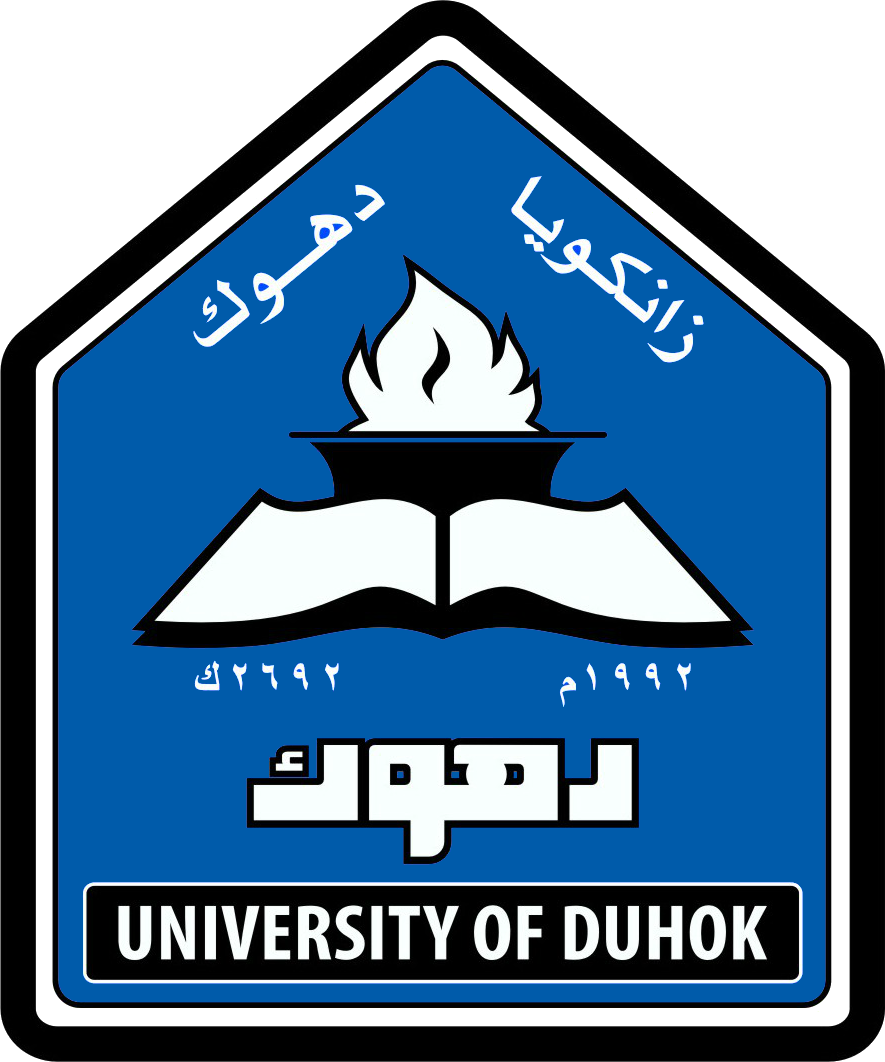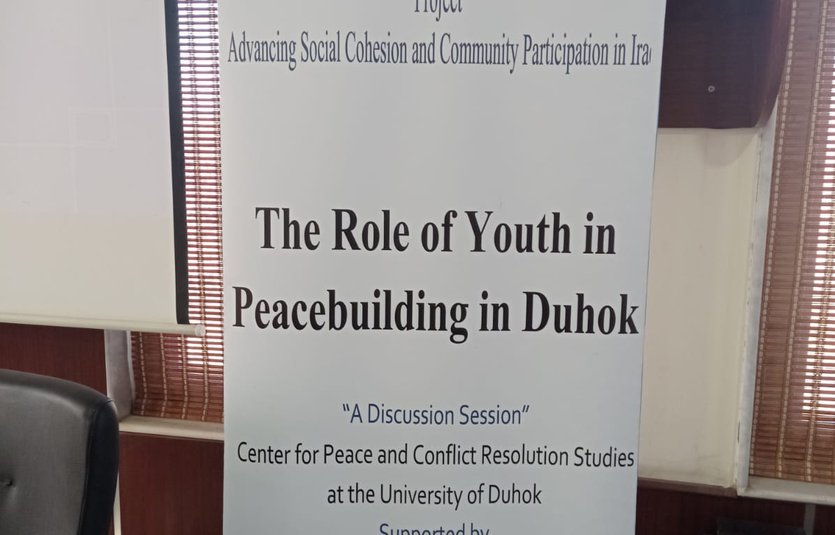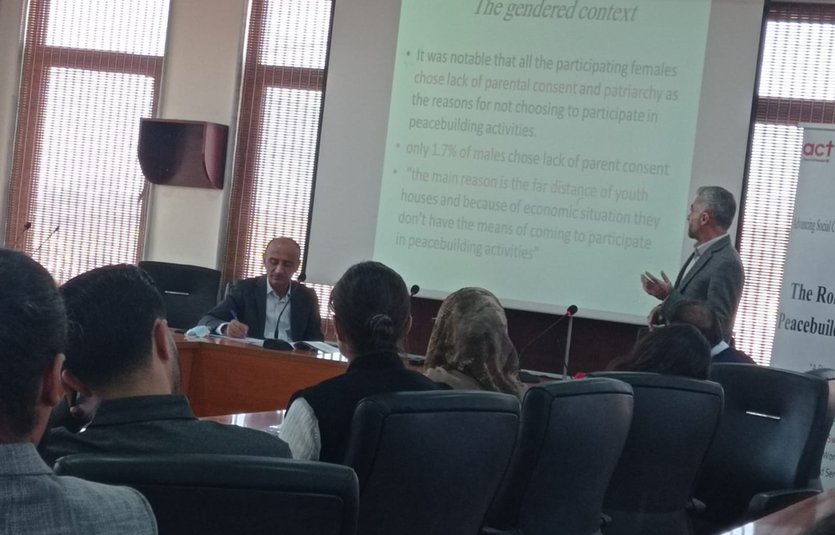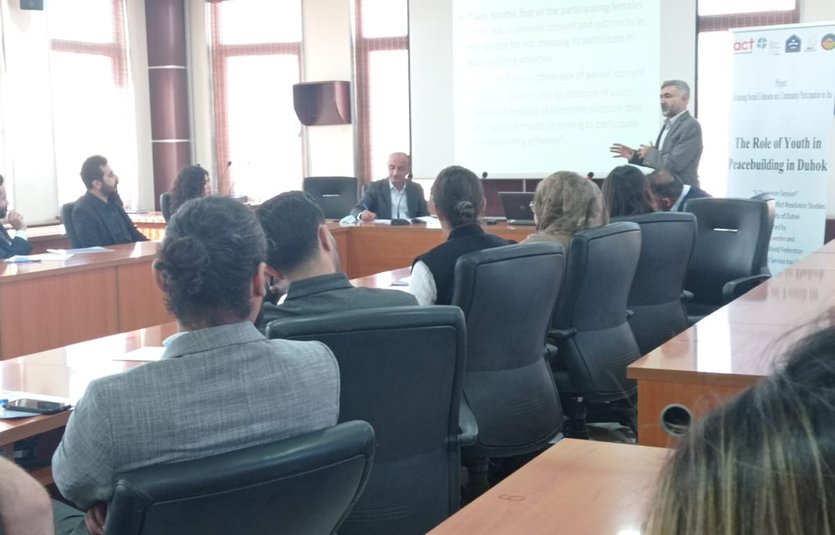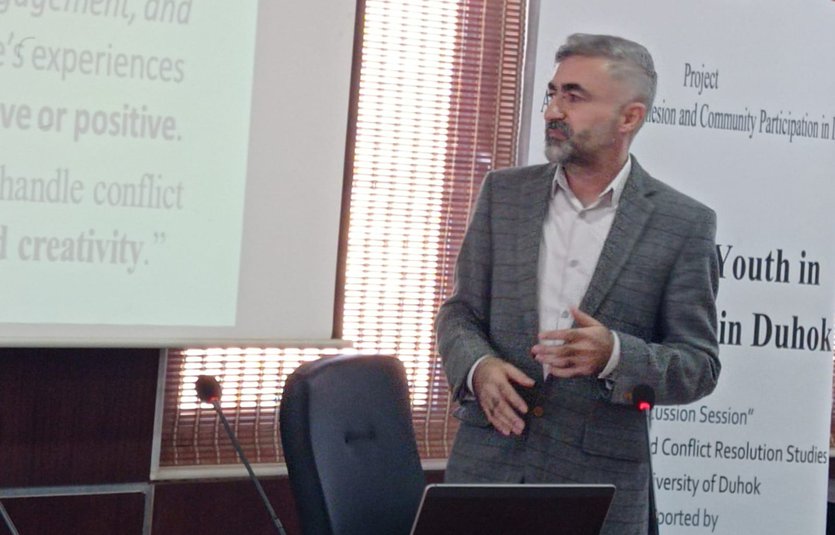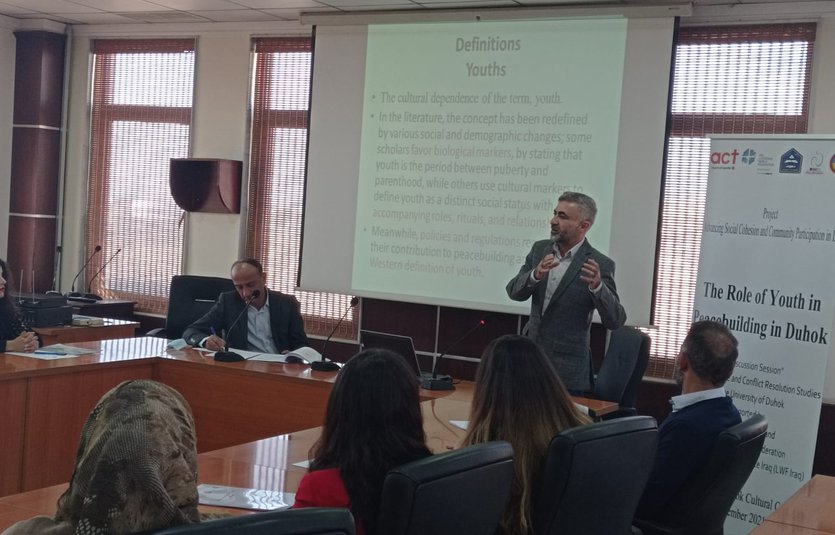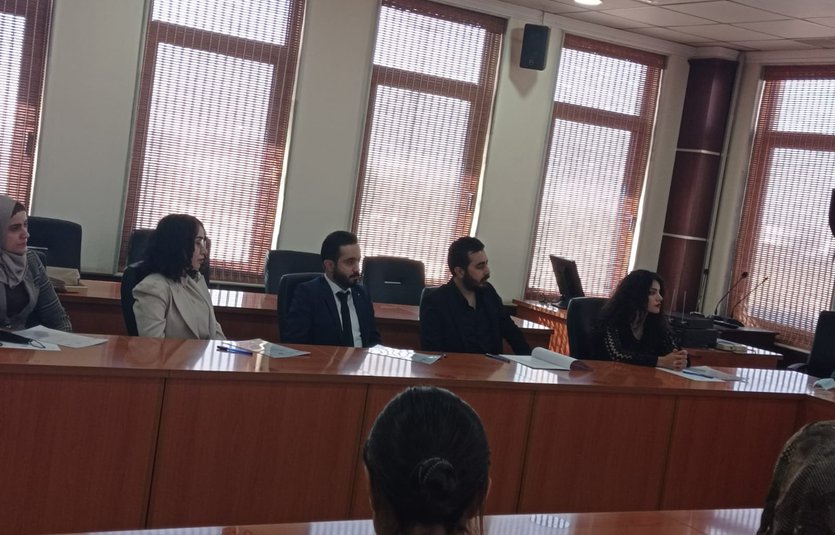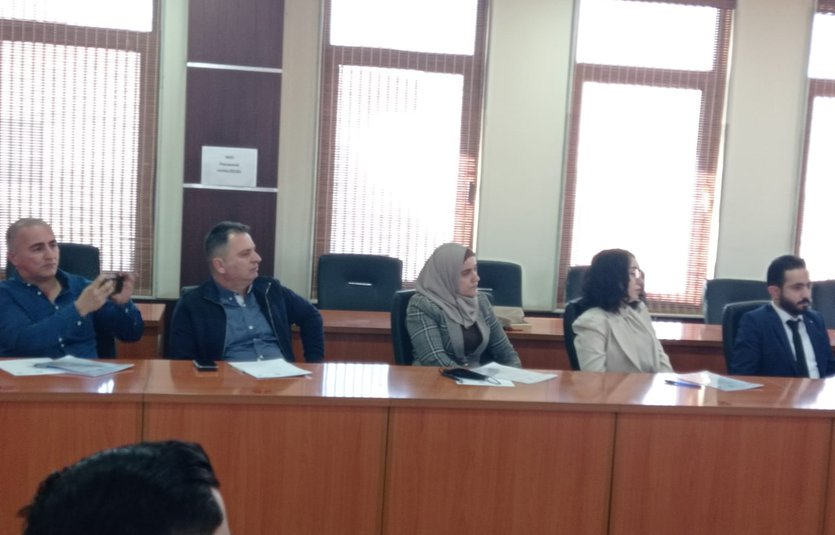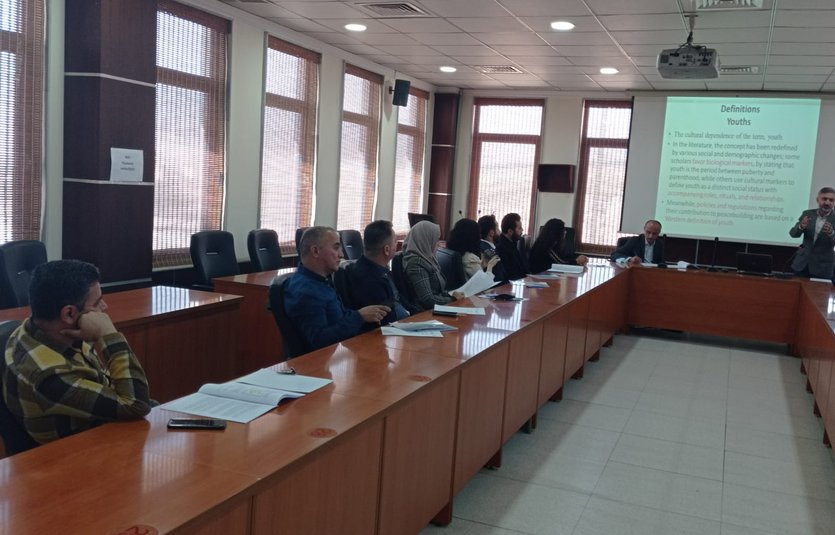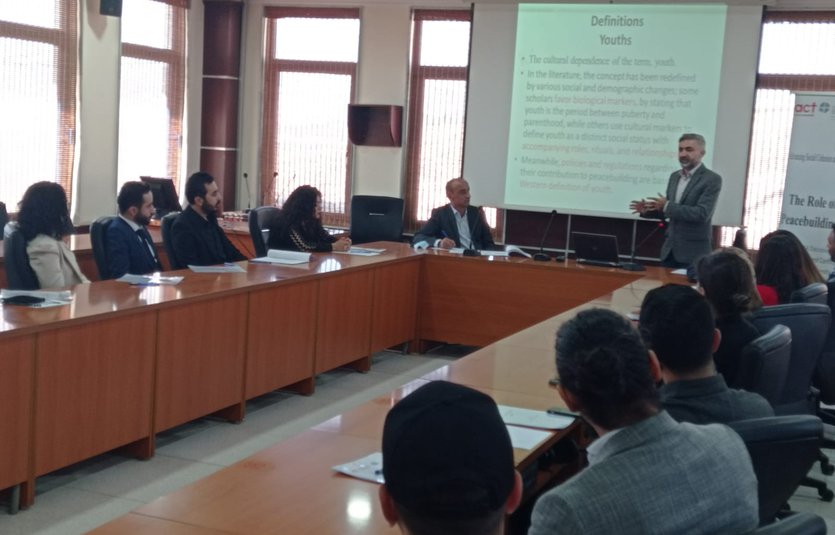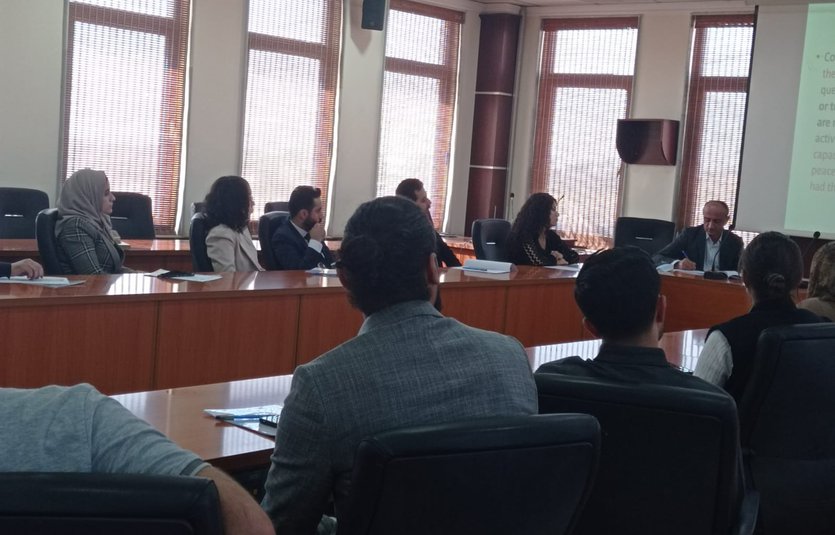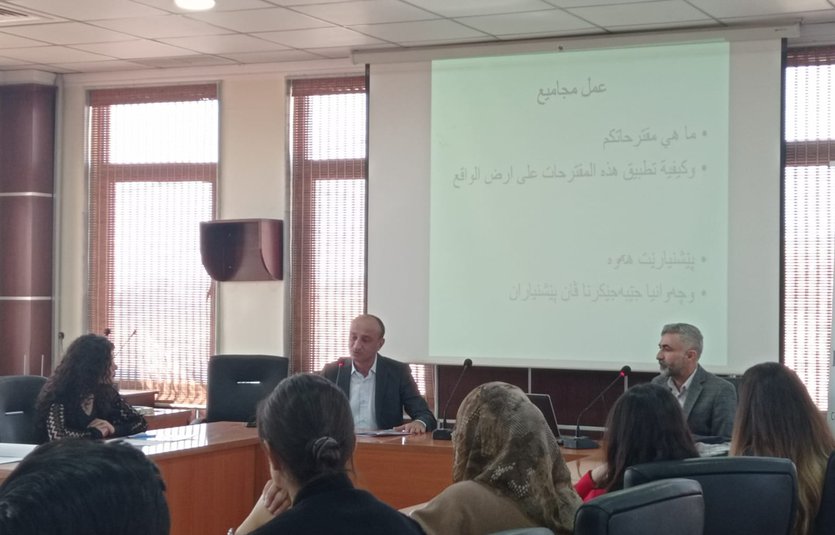On November 14, 2021, the Center for Peace and Conflict Resolution Studies held a discussion session to discuss the findings of a research on “The Role of Youth in Peacebuilding in Duhok.” The research has been conducted by Dr. Maamoon Abdulsamad A. Mohammed as one of the activities of the project "Advancing Social Cohesion and Community Participation in Iraq" which is being implemented by the Center with support from the Church of Sweden and in cooperation with The Lutheran World Federation- Department for World Service Iraq (LWF Iraq) and Baghdad Women Association (BAW).
25 people (12 females and 13 males) participated in the event, including 6 faculty staff from the University of Duhok, 8 staff of civil society organizations, and 11 students from the department of Peace and Human Rights Studies at the University of Duhok. The session was moderated by Dr. Jotyar M.R. Sedeeq and Dr. Maamoon Abdulsamad A. Mohammed have outlined the research methodology and findings. Then the participants gave their feedback and recommendations. At the end of the session, a number of recommendations were incorporated into the research, of which:
- Youths are shy about expressing their opinions. Therefore, there is a need to incorporate listening and communication skills into the education system to facilitate children in speaking and expressing their opinions.
- Incorporating peace education into the education system would encourage students to take a more constructive role in society.
- Government and private sectors need to value and encourage the involvement of youth in the processes of peacebuilding activities. They also need to provide jobs opportunities for youths. Both these changes will enable youths to feel useful rather than useless and directionless without hope. This, in turn, would help them to be useful citizens who are not interested in migrating.
- Since the lack of jobs means that many youths are exploited and work for very little payment, it is necessary to activate the role of law that protects them.
- Media activists/influencers, YouTubers and famous people should be encouraged to lead youth awareness campaigns about cultural norms. In particular, they need to highlight the negative effects of those that downplay youths’ abilities and concerns and those that demand that young people be passively obedient to norms that undervalue them.
The session was held at the Cultural and Social Center at the University of Duhok
